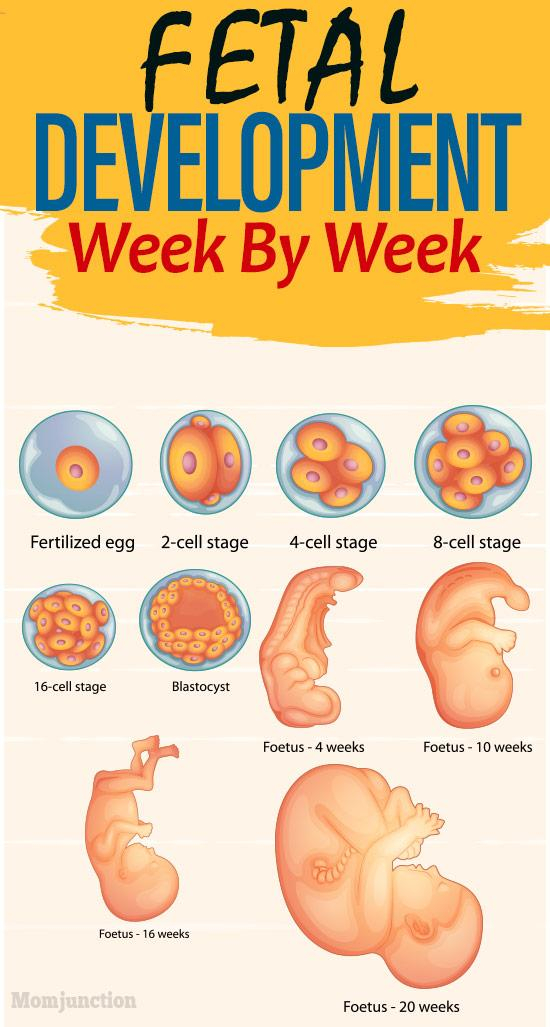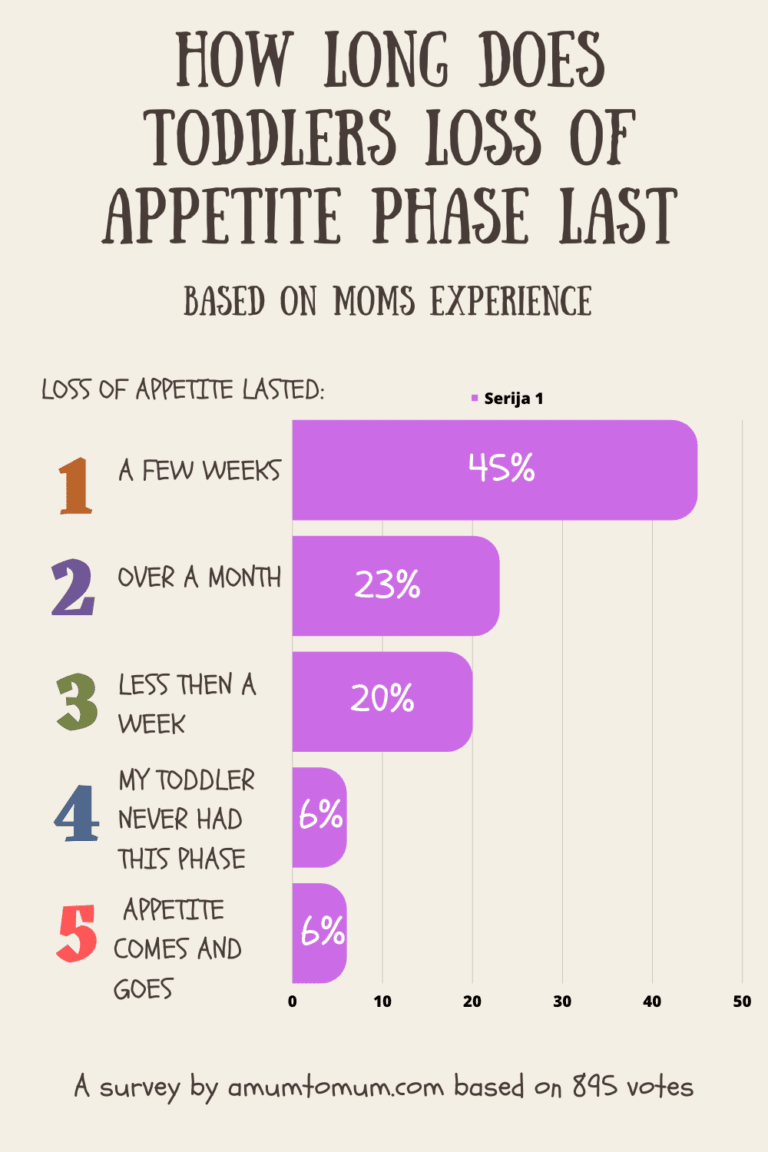My Baby Is Stiff When Held: Understanding and Addressing the Issue
Have you ever experienced the concern of holding your baby and noticing that they seem stiff or rigid in your arms? This can be a worrying and confusing situation for many parents, but rest assured that it is a common issue that can be addressed. In this article, we will delve into the reasons why your baby may feel stiff when held, what you need to know about this phenomenon, and how you can effectively handle it.
Knowledge
There are several reasons why a baby may feel stiff when being held. One common cause is muscle tension, which can be a result of the baby feeling uncomfortable, overstimulated, or simply not being in a relaxed state. Another factor to consider is the baby’s temperament – some babies naturally have a higher muscle tone, which can make them feel stiffer than others. Additionally, issues such as colic, reflux, or sensory sensitivities can also contribute to a baby feeling tense and rigid when held.
It is essential for parents to be able to recognize the signs of stiffness in their baby. Some common indicators include the baby resisting being held, arching their back, clenching their fists, or displaying overall tension in their body. Observing your baby’s body language and responses can help you identify when they are feeling stiff and uncomfortable.
When you notice that your baby is stiff when held, there are several strategies you can try to help them relax and feel more comfortable. Firstly, ensure that you are holding your baby in a position that supports their head, neck, and back. Gentle rocking, swaying, or using white noise can also help to soothe and calm your baby. It is crucial to create a calming environment and avoid overstimulation to help your baby unwind and release any muscle tension.
Conclusion
In conclusion, if you find that your baby is stiff when held, it is essential to understand the possible causes and how to effectively address this issue. By being attentive to your baby’s cues, providing a supportive and comforting environment, and seeking guidance from healthcare professionals if needed, you can help your baby feel more relaxed and at ease. Remember, each baby is unique, so it may take some trial and error to find what works best for your little one.
Overall, the target audience for this article includes parents, caregivers, and anyone interested in understanding and addressing the issue of babies feeling stiff when held. By spreading awareness and knowledge about this topic, we can better support parents in caring for their infants and promoting their well-being.
As we navigate the delicate world of parenting, it is crucial to be attuned to our baby’s needs and responses. By addressing issues such as stiffness when held with compassion and understanding, we can create a nurturing environment that fosters our baby’s development and comfort. Remember, every baby is unique, and by being patient and responsive, you can build a strong bond with your little one that will last a lifetime.





